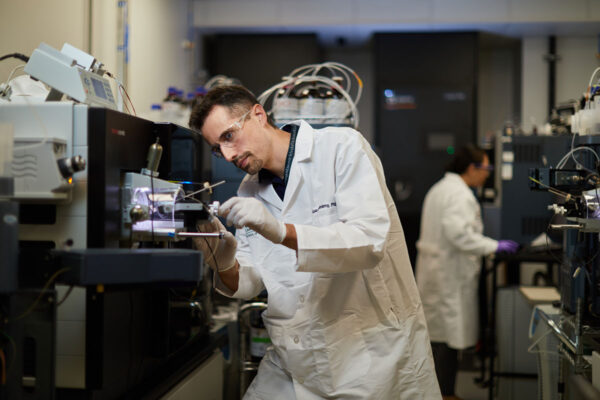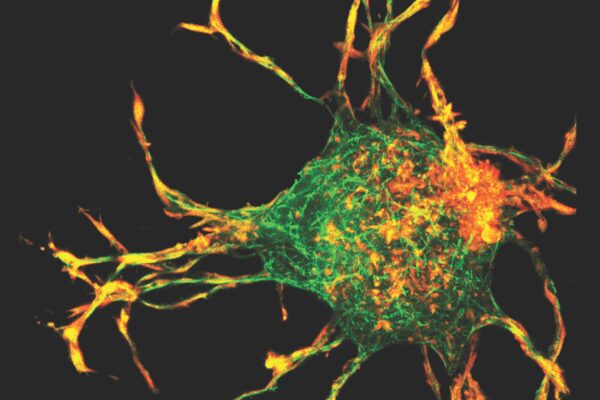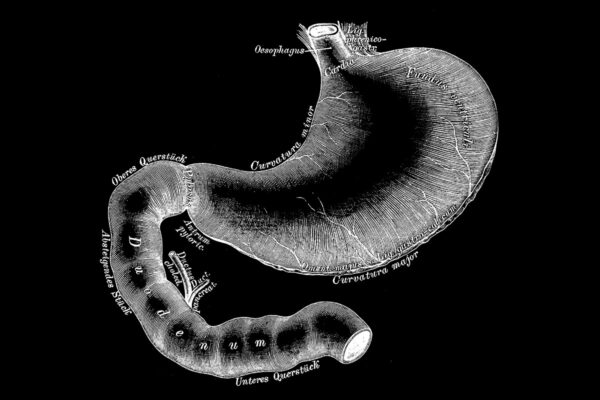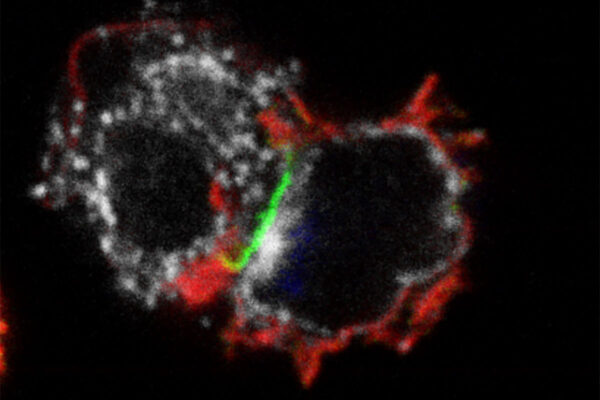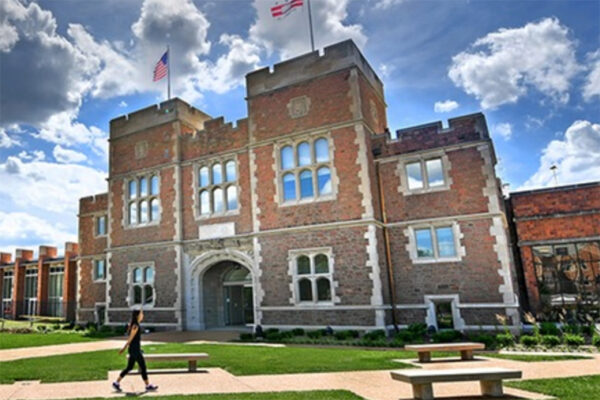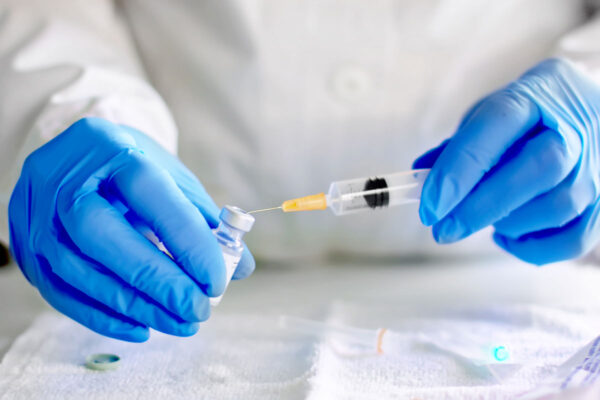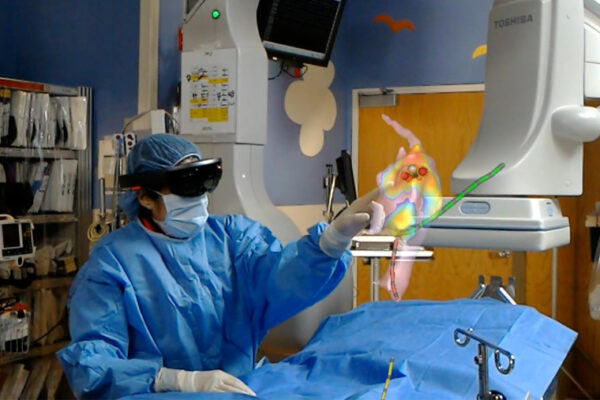Having a higher purpose promotes happiness, lowers stress, survey finds
Having a personal higher purpose promotes well-being, more happiness and even lower stress from the COVID-19 pandemic, according to findings from a new survey by two Washington University in St. Louis researchers from Olin Business School. Also, employees of organizations with higher-purpose statements are happier and prouder of their organizations than are employees at workplaces without a statement, the results show.
Alzheimer’s protein in blood indicates early brain changes
Researchers at Washington University School of Medicine have shown that levels of a specific protein in the blood rise as amyloid plaques form in the brain. The discovery could pave the way toward a blood-based test to diagnose Alzheimer’s disease before symptoms appear.
New insights into wound healing
Research from a multidisciplinary team led by Washington University in St. Louis may provide new insights into wound healing, fibrosis and cancer metastasis.
Supply chain works better if you previously worked, studied together
Xiumin Martin from the Olin Business School at Washington University in St. Louis was among four researchers who crunched data to find that personal connections between suppliers and vendors particularly improves the efficiency of the supply chain. To be precise, such rapport results in better overall performance, less restrictive and longer-lasting contract terms, and crystallized communication.
Specific bacteria help explain stunted growth in malnourished children
A new School of Medicine study has shown that specific bacteria living in the upper small intestines of malnourished children play a causal role in stunted growth and other damaging side effects of malnutrition. The knowledge could lead to better therapies.
Skip generational distinctions like ‘millenials’ in workplace
A linguistic expert from Washington University in St. Louis who participated in an elite 15-member committee announcing July 20 its findings on what he calls “potentially harmful” categorizing, said it’s time to nix the generational mindset in business.
Two immunotherapies merged into single, more effective treatment
Researchers at Washington University School of Medicine have combined two types of immunotherapy into a single treatment that may be more effective and possibly safer than current immunotherapies for blood cancers.
University announces cancellation of fall sports
Due to the continuing COVID-19 global pandemic, Washington University varsity athletic teams will not be competing during the 2020 fall sports season. “While the decision to cancel fall competitive schedules was not made easily, we remain committed to keeping the safety and well-being of our student-athletes and campus community front of mind,” said Anthony J. Azama, the John M. Schael Director of Athletics.
COVID-19 vaccine trials to be conducted at Washington University, Saint Louis University
Researchers at Washington University School of Medicine and the Saint Louis University Center for Vaccine Development have joined the effort to find a COVID-19 vaccine that can prevent the illness. Researchers at the universities expect to enroll about 3,000 participants in several COVID-19 vaccine trials.
WashU-developed holograms help physicians during cardiac procedure
A holographic display developed by researchers at Washington University in St. Louis improves physician accuracy when performing a procedure to treat irregular heartbeat.
View More Stories

